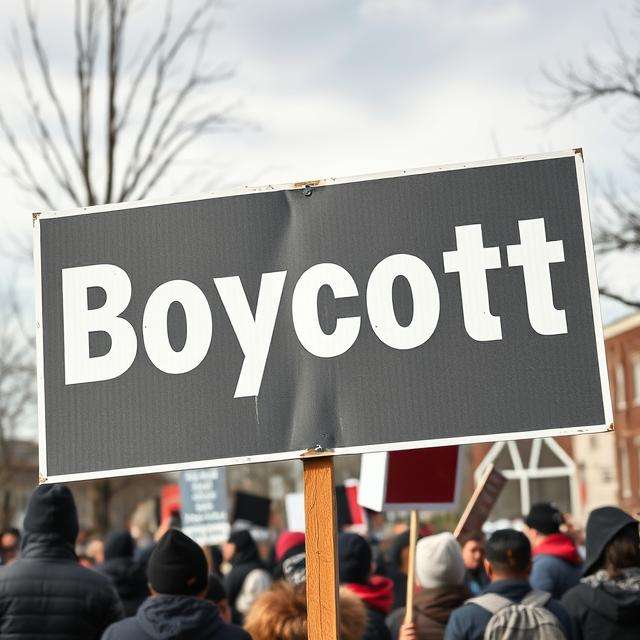Note: Political Awareness never authorizes any candidate or their committees to publish its communication.
Global Backlash: The Rising Wave of Boycotts Against U.S. Goods
September 2025 — An Unprecedented International Movement
An international consumer boycott of U.S. products has gained significant momentum this year, especially in Canada and Europe. This grassroots movement is a protest against U.S. tariffs, anti-BDS legislation, and political posturing. Organized through mobile apps and activist campaigns, it influences everything from supermarket shelves to tourism decisions.
How It Started and Structured
Underlying Causes
The movement stems from sweeping U.S. tariffs—sometimes as high as 125% on Chinese goods—and policies perceived as unilateral or dismissive of international norms.
Tools for Activism
In Canada, applications like Maple Scan and Buy Canadian help consumers avoid American products. In Europe, Reddit groups such as “BuyFromEU” (with nearly 200,000 members) promote local or alternative options.
Visible Consequences
This activism has tangible effects: Canadian travel to the U.S. has sharply declined, reducing tourism revenue. European retail chains have begun labeling “European-made” products to meet shifting consumer demand.
Economic and Political Ripple Effects
Economic Impact
Analysts estimate that these boycotts could reduce U.S. GDP by between $28 billion and $83 billion.
Brand Erosion
U.S. brands are feeling the heat: Tesla’s market share in Europe is waning, and iconic products like Coca-Cola and Jack Daniel’s are increasingly avoided or substituted.
Diplomacy Through Consumer Choice
People demonstrate these protests through their purchasing behaviors. Even political leaders are weighing in; for example, Canada’s Prime Minister Trudeau has urged citizens to “choose Canadian” over U.S. goods.
Final Reflection
This consumer-led uprising exemplifies democracy in action—non-governmental actors influencing international relations through their spending choices. The movement serves as a reminder that foreign policy is not only crafted in capitals but also negotiated in supermarket aisles and travel decisions. For the U.S., the challenge is clear: to restore global goodwill through diplomacy and respect for economic sovereignty.


Leave a Reply